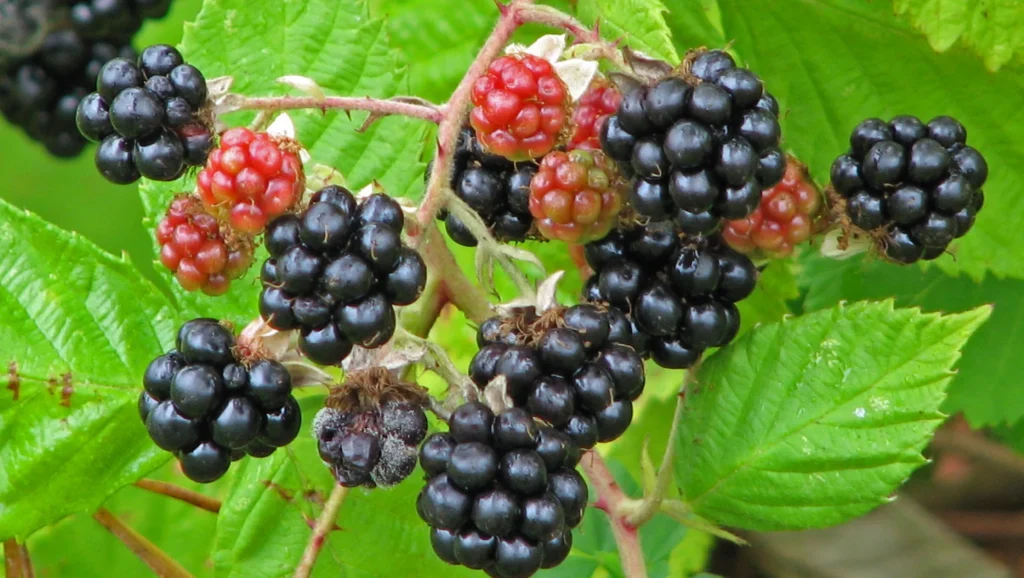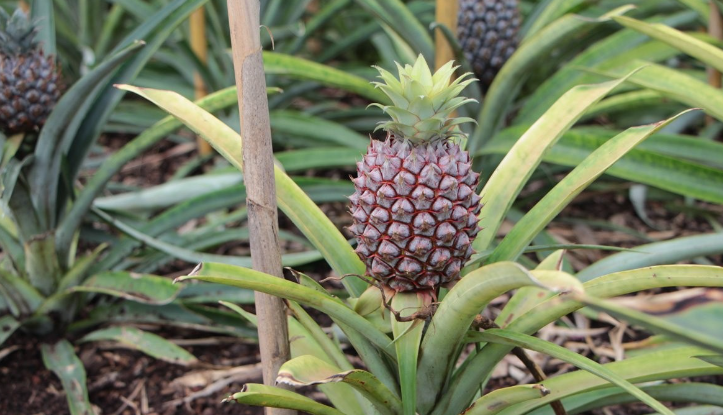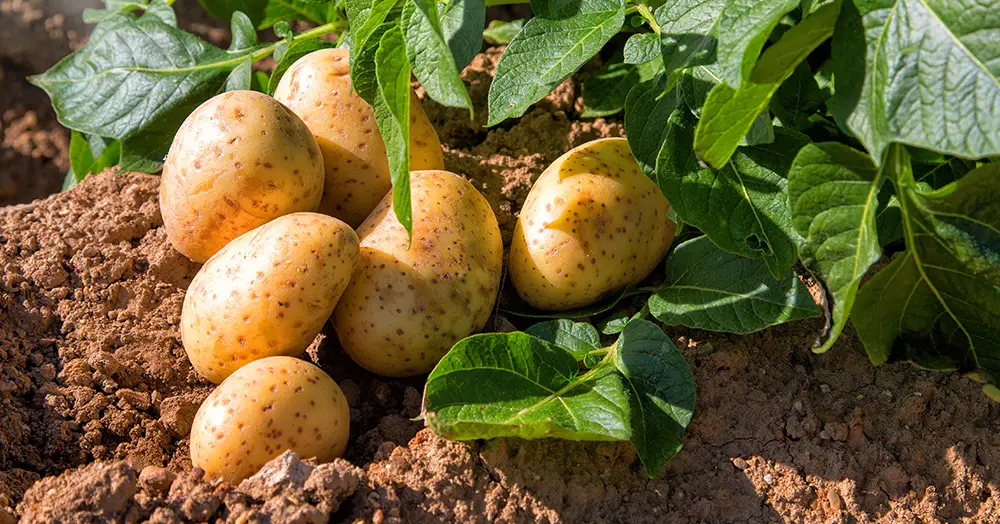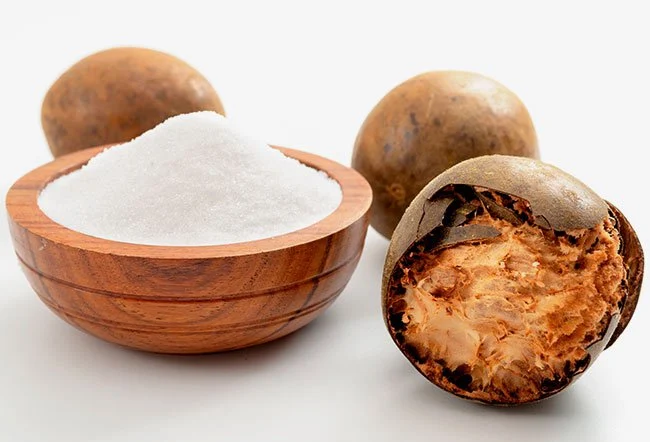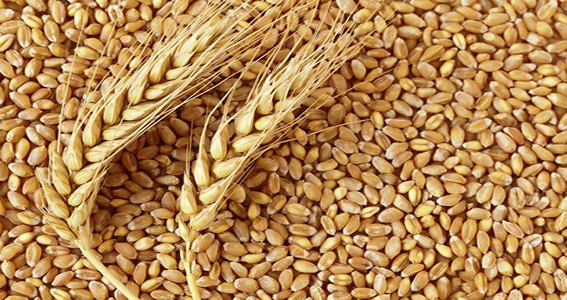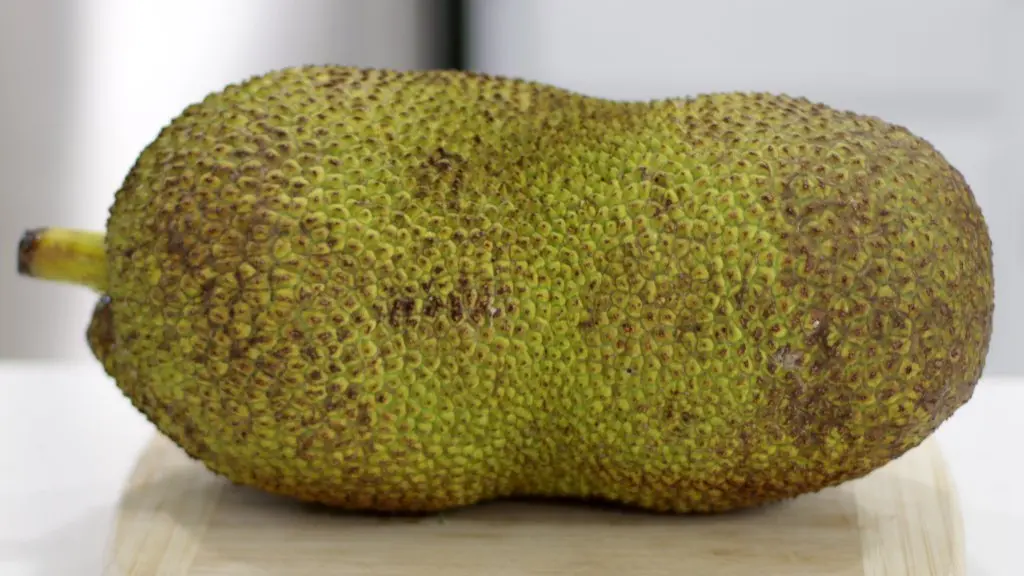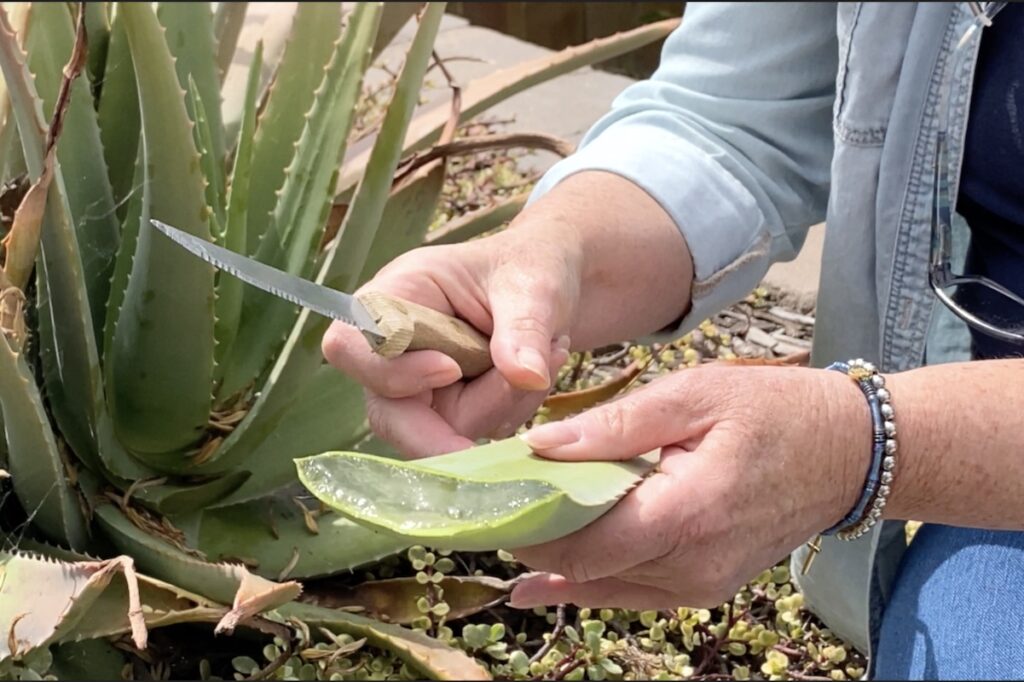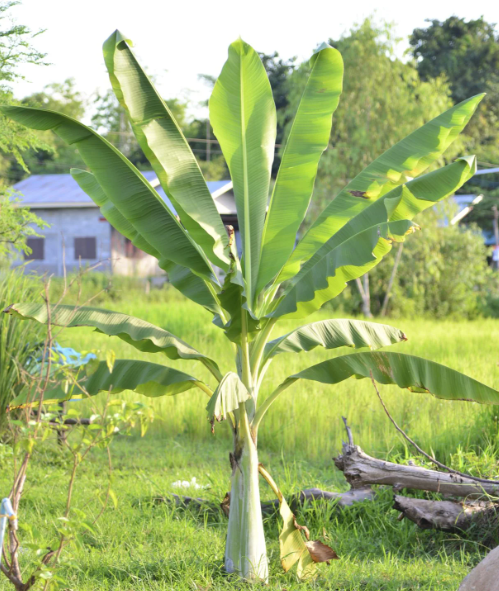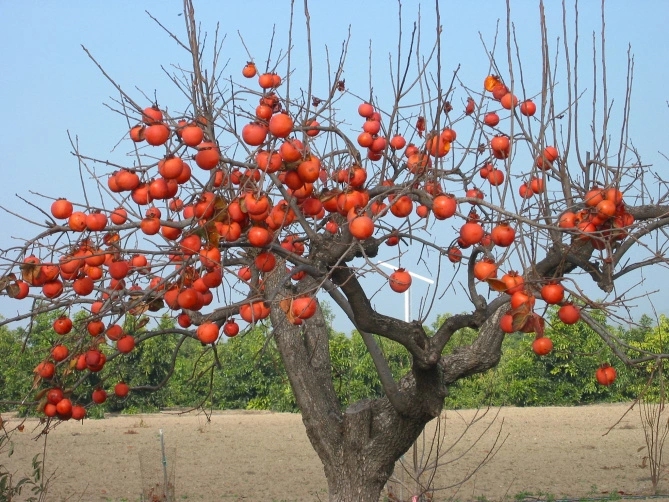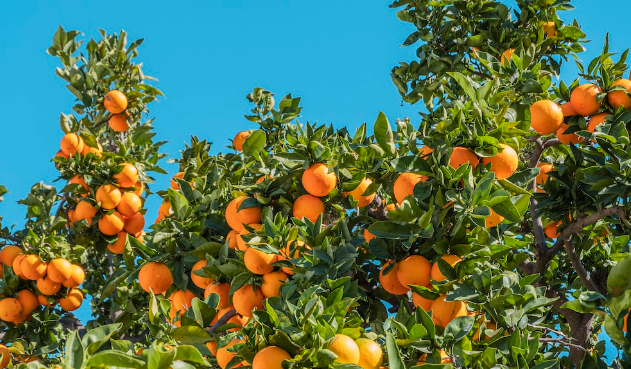If you love pineapples and want to grow your own, it’s important to feed your pineapple plants the right nutrients. With the right fertilizer, your pineapple plant can grow strong and give you plenty of delicious fruits. Let’s dive into the best fertilizers for pineapple plants and share tips on how to use them to get the best results.
Table of Contents
Why Fertilizing Pineapples Matters
Pineapple plants need a lot of food to grow well. When you give them the nutrients they need, they grow big and strong and the fruit tastes really sweet and juicy. Even if the soil isn’t that rich, the right fertilizer can make a big difference in how fast the plant grows and how good the fruit turns out.
What Pineapples Need to Grow Well
When it’s time to pick a fertilizer, it’s good to understand what pineapples need. They need three main things: nitrogen, phosphorus, and potassium. Here’s why these are important:
- Nitrogen (N): Nitrogen helps the pineapple plant grow big and green.
- Phosphorus (P): Phosphorus helps the pineapple develop strong roots, flowers, and fruits.
- Potassium (K): Potassium makes the plant healthy and helps make the pineapple taste better and resist diseases.
Natural Ways to Fertilize Pineapples
If you like to garden in a way that’s good for the environment, you can use natural fertilizers for your pineapples.
Here are some great natural fertilizers:
1. Compost
Compost is like a vitamin for your soil. It slowly feeds your pineapple plants and keeps the soil moist. Mix compost into the soil around your plants for a healthy boost.
2. Rotted Manure
Old manure from animals like cows or chickens can be a great food for your plants. It makes the soil richer and feeds your pineapple plants over time.
3. Fish Emulsion
Fish emulsion is a smelly liquid fertilizer that’s really good for leaf growth. You can mix it with water and spray it on your plants for a quick meal.
Man-Made Fertilizers for Pineapples
Sometimes you might want to use man-made fertilizers because they can be more exact and quick.
These are some you can use:
1. Mixed NPK Fertilizers
Mixed fertilizers that have equal parts of nitrogen, phosphorus, and potassium are popular. They’re like an all-in-one food for your pineapple. Just make sure to use them as the instructions say.
2. Slow-Release Fertilizers
Slow-release fertilizers give your plants food over a long time, so you don’t have to feed them as often. They come in little pellets you sprinkle around your plants.
3. Water-Soluble Fertilizers
If your pineapple plants need a quick meal, water-soluble fertilizers can help. You mix them with water and pour them on the soil or use them as a spray directly on the plants.
How to Fertilize Right
Using fertilizer the right way is key to growing happy pineapples. Here are some tips:
- Test the Soil: Find out what your soil has and what it needs with a soil test. This will help you choose the best fertilizer.
- When to Feed: Fertilize your pineapples a few weeks after you plant them. Then keep feeding them regularly while they’re growing. Pay attention to the instructions specific to the fertilizer you choose and what your plants seem to need.
- How Much to Use: Stick to what the fertilizer label says, using too much can hurt your plants. Measure carefully to keep your plants healthy.
- Spread Evenly: Put the fertilizer around the pineapple plant, over the whole area where the roots grow. Don’t let it touch the plant’s stem because it might burn.
- Water Well: After you add the fertilizer, water the soil to help spread the nutrients. The water helps the plants soak up all the good stuff from the fertilizer.
Wrapping Up
Choosing the right fertilizer for your pineapple plants is super important for growing big, yummy pineapples. Both natural and man-made fertilizers can work well, just remember to feed your plants the right amount at the right time.
Keep an eye on your plants and adjust how you fertilize based on how they’re doing. With the right care and feeding, you’ll get to enjoy the fruits of your labor soon!
Happy gardening!
